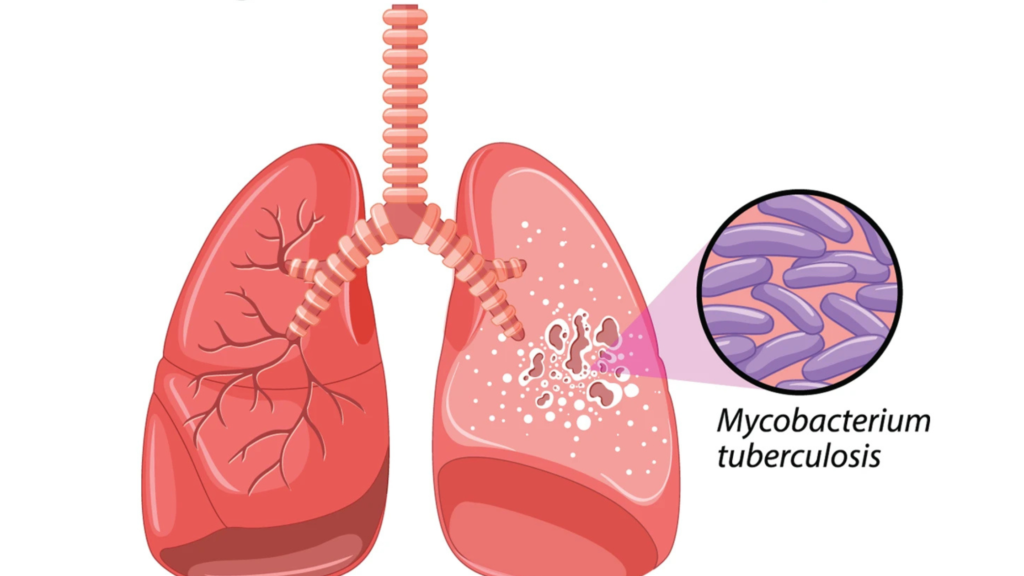
Genitourinary Tuberculosis (GUTB) – How TB affects the kidneys, bladder, and reproductive system

Tuberculosis (TB) is commonly associated with the lungs, but it can also affect other parts of the body, including the urinary and reproductive systems. This condition, known as Genitourinary Tuberculosis (GUTB), is a serious yet often overlooked health issue. As a leading Urologist in Agra, Sexologist in Agra, Prostate doctor in Agra, Dr. Dilip Mishra provides insights into how TB impacts the kidneys, bladder, and reproductive organs, along with diagnosis and treatment options.
What is Genitourinary Tuberculosis?
GUTB is a form of extrapulmonary tuberculosis where Mycobacterium tuberculosis infects the urinary tract and reproductive organs. It is the second most common form of extrapulmonary TB after lymph node involvement and can lead to severe complications if not treated in time.
How TB Affects the Kidneys
The kidneys are often the first site of infection in GUTB, as TB bacteria spread through the bloodstream.
- Kidney damage: Chronic infection can cause scarring, leading to reduced kidney function and, in severe cases, kidney failure.
- Renal tuberculosis symptoms: Patients may experience persistent back pain, blood in urine (hematuria), and frequent urinary tract infections (UTIs).
- Diagnosis: Urine culture, PCR tests, and imaging techniques like CT scans help detect kidney TB.
Impact on the Bladder
If TB spreads from the kidneys, it can reach the bladder, causing urinary dysfunction and inflammation.
- Symptoms: Increased urination frequency, painful urination, and in some cases, urine retention.
- Bladder scarring: Chronic infection can lead to shrinking of the bladder, reducing its capacity and causing long-term urinary issues.
- Treatment: Early diagnosis and prolonged anti-TB medication are necessary to prevent severe damage.
Effects on the Male and Female Reproductive System
As a recognized sexologist in Agra, Dr. Dilip Mishra highlights that GUTB can lead to infertility and sexual health problems in both men and women.
In Men:
- TB can infect the prostate, testicles, and epididymis, causing pain, swelling, and infertility.
- Chronic inflammation may lead to blockage in sperm ducts, affecting fertility.
In Women:
- Fallopian tubes and the endometrium are commonly affected, leading to menstrual irregularities and infertility.
- GUTB can increase the risk of ectopic pregnancy and pregnancy complications.
Diagnosis and Treatment of GUTB
- Urine and blood tests help detect TB bacteria in the genitourinary system.
- Imaging studies like ultrasound and MRI provide detailed insights into organ damage.
- Long-term anti-TB therapy (6-9 months) is the primary treatment.
- Surgical intervention may be required in advanced cases where there is severe organ damage.
Why Early Detection is Key?
Since GUTB symptoms often mimic other urological conditions, consulting a trusted urologist in Agra is essential for early diagnosis and treatment. If left untreated, it can cause permanent kidney damage, bladder dysfunction, and infertility.
Conclusion
Genitourinary Tuberculosis is a serious but treatable condition. If you experience unexplained urinary symptoms, reproductive issues, or persistent infections, it’s crucial to seek medical attention. Dr. Dilip Mishra, a leading Urologist in Agra, Sexologist in Agra, Prostate doctor in Agra and expert in urological diseases, offers specialized care for diagnosing and managing GUTB.
For consultations, book an appointment with Dr. Dilip Mishra, the trusted urologist in Agra and sexologist in Agra, for expert evaluation and treatment.
More Details About Dr. Dilip Kumar Mishra Visit Here https://drdilipmishraurologist.com/ and visit our hospital: link
Visit our Instagram Page https://www.instagram.com/drdilipkumarmishraurologist/
Check out our other posts
How Menopause Affects Urinary Health & What to Do About It